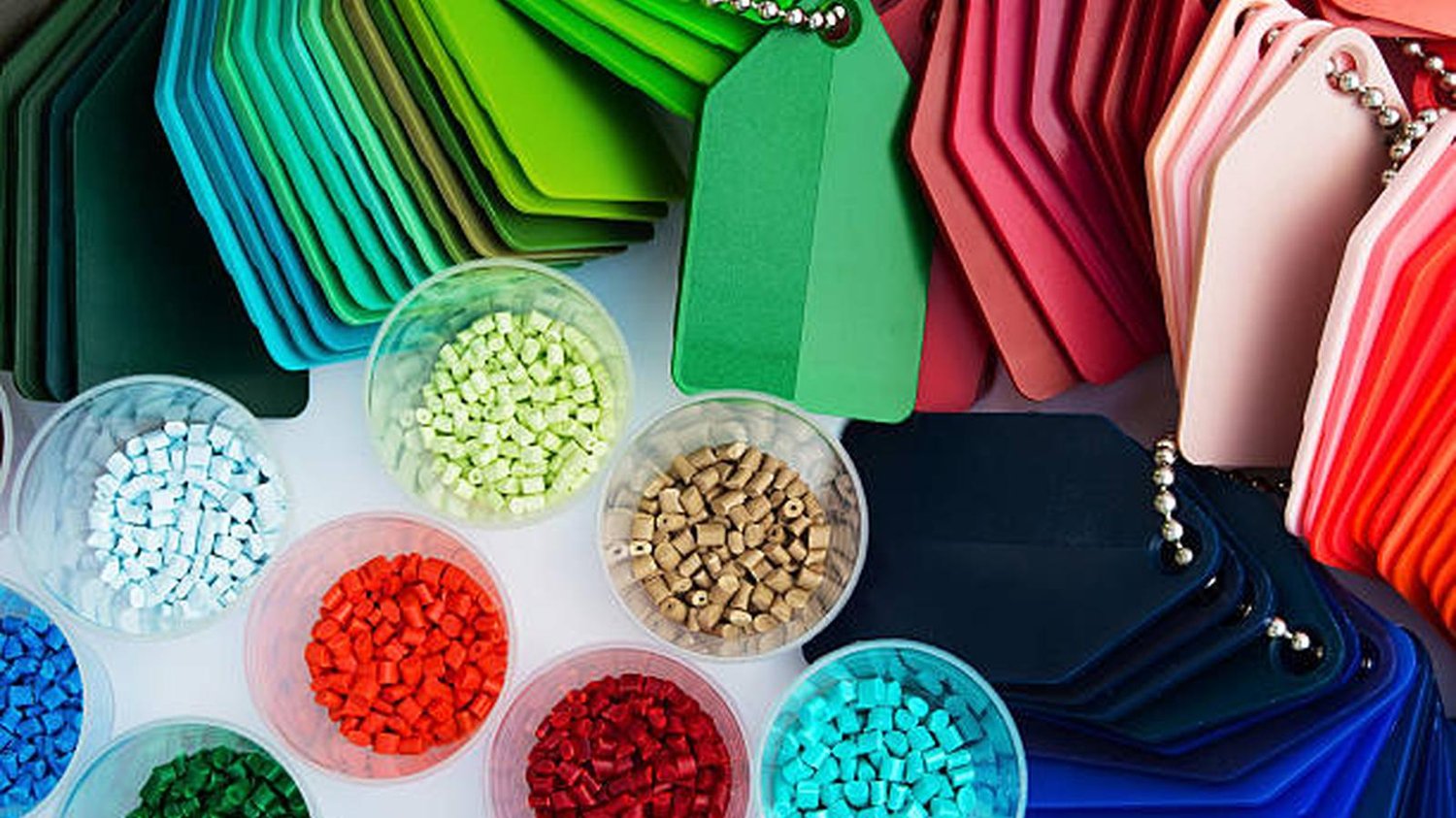Introduction to Plastic Injection Molding
Plastic injection molding is a widely used manufacturing process in the production of plastic parts and components. It offers numerous advantages, including cost-effectiveness, high production rates, and design flexibility.
The Plastic Injection Molding Process
The plastic injection molding process involves injecting molten plastic material into a mold cavity, allowing it to cool and solidify, and then ejecting the final product. It consists of several stages, including mold design, material selection, injection, cooling, and part ejection.
Benefits of Plastic Injection Molding
- High production efficiency
- Precision and accuracy in part production
- Wide range of material options
- Complex and intricate part designs
- Consistency in part quality
Applications of Plastic Injection Molding
Plastic injection molding finds applications in various industries, including:
- Automotive
- Electronics
- Medical
- Consumer goods
- Packaging
Choose a Reliable Plastic Injection Molding Partner
When selecting a plastic injection molding company, consider factors such as experience, expertise, quality assurance, production capacity, and customer reviews. A reputable partner can ensure your project's success and deliver high-quality plastic parts.
Conclusion
Plastic injection molding is a versatile and efficient manufacturing process that offers numerous benefits for producing plastic parts. Understanding the process, its advantages, and finding the right partner are crucial for achieving optimal results in your projects.

